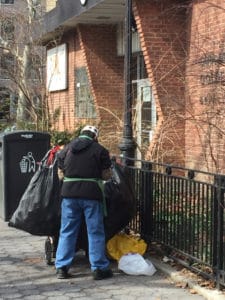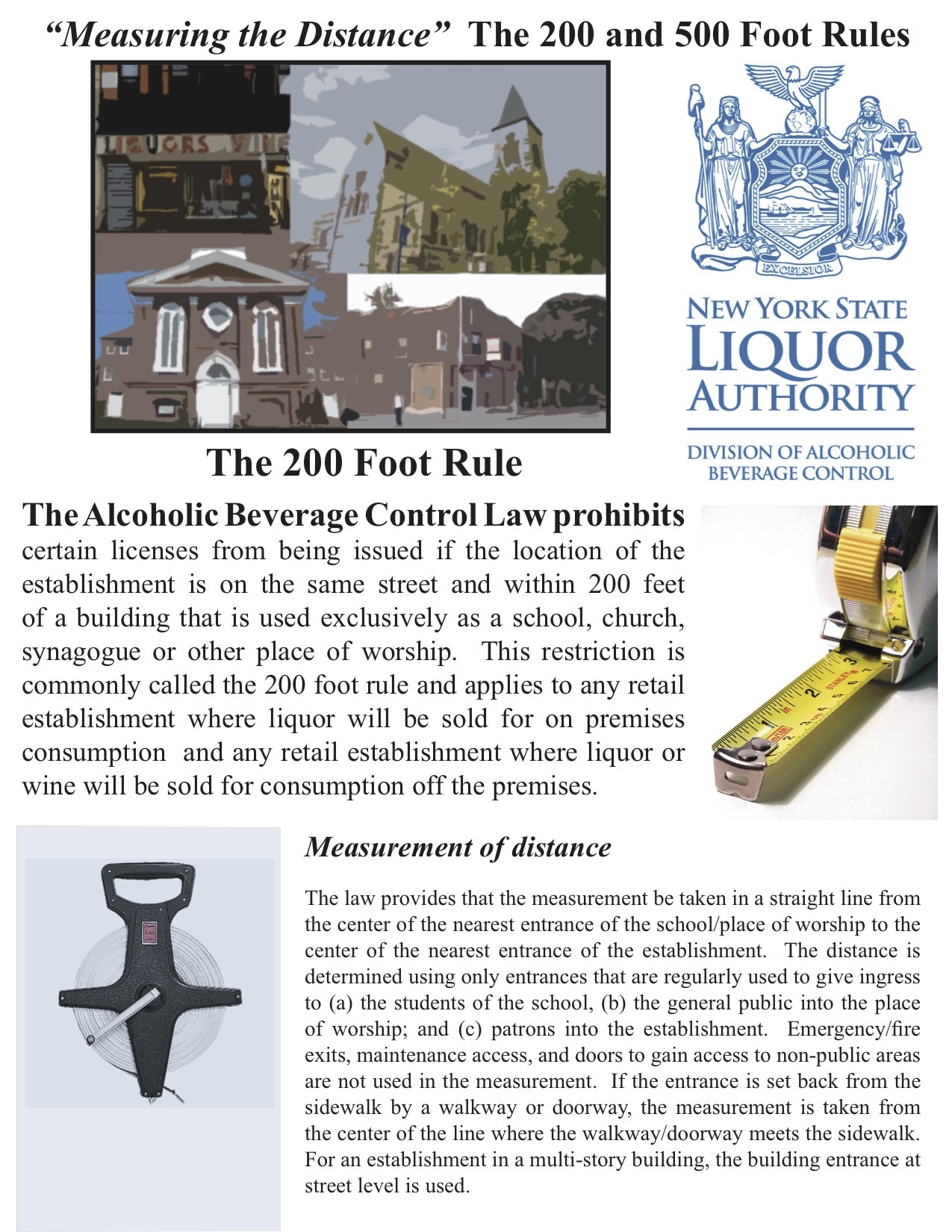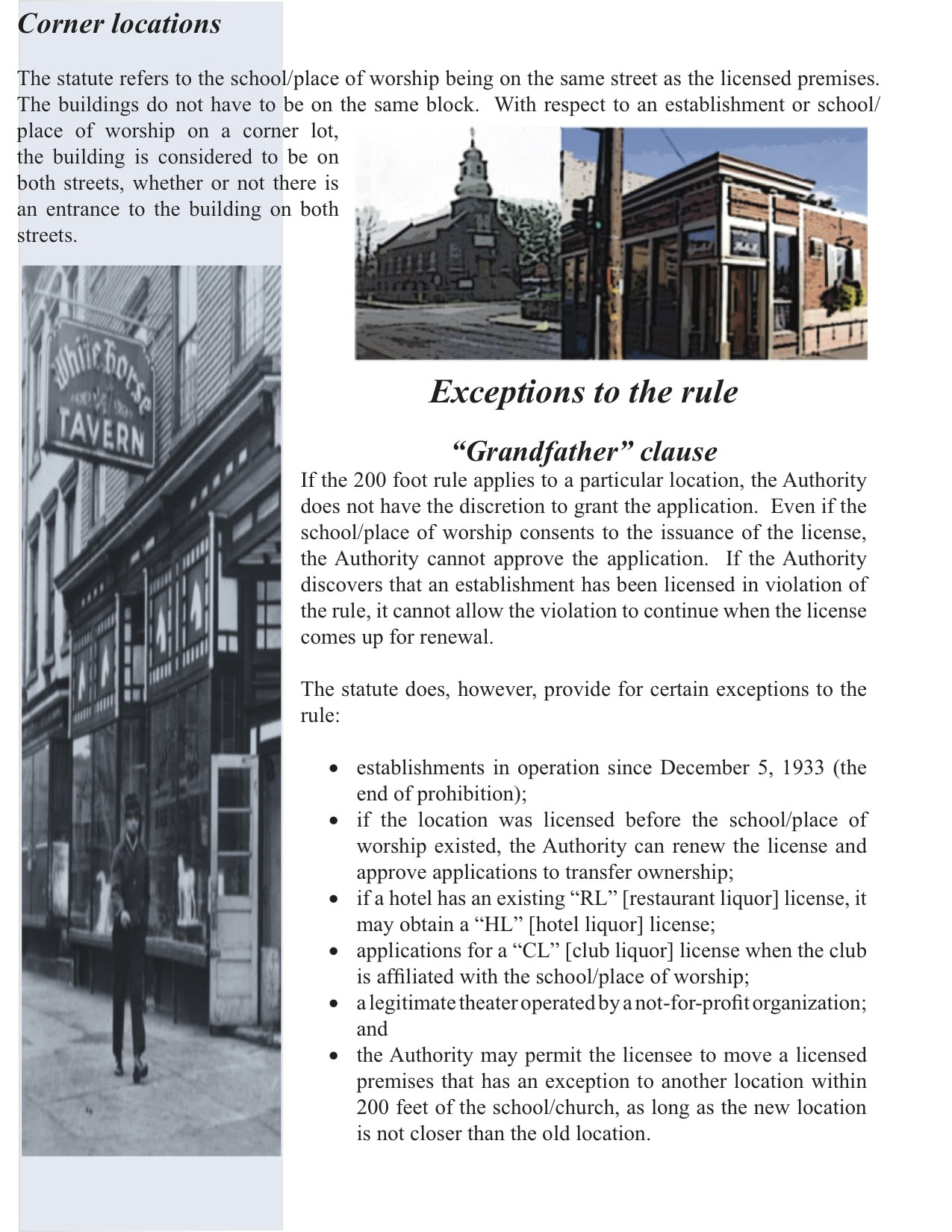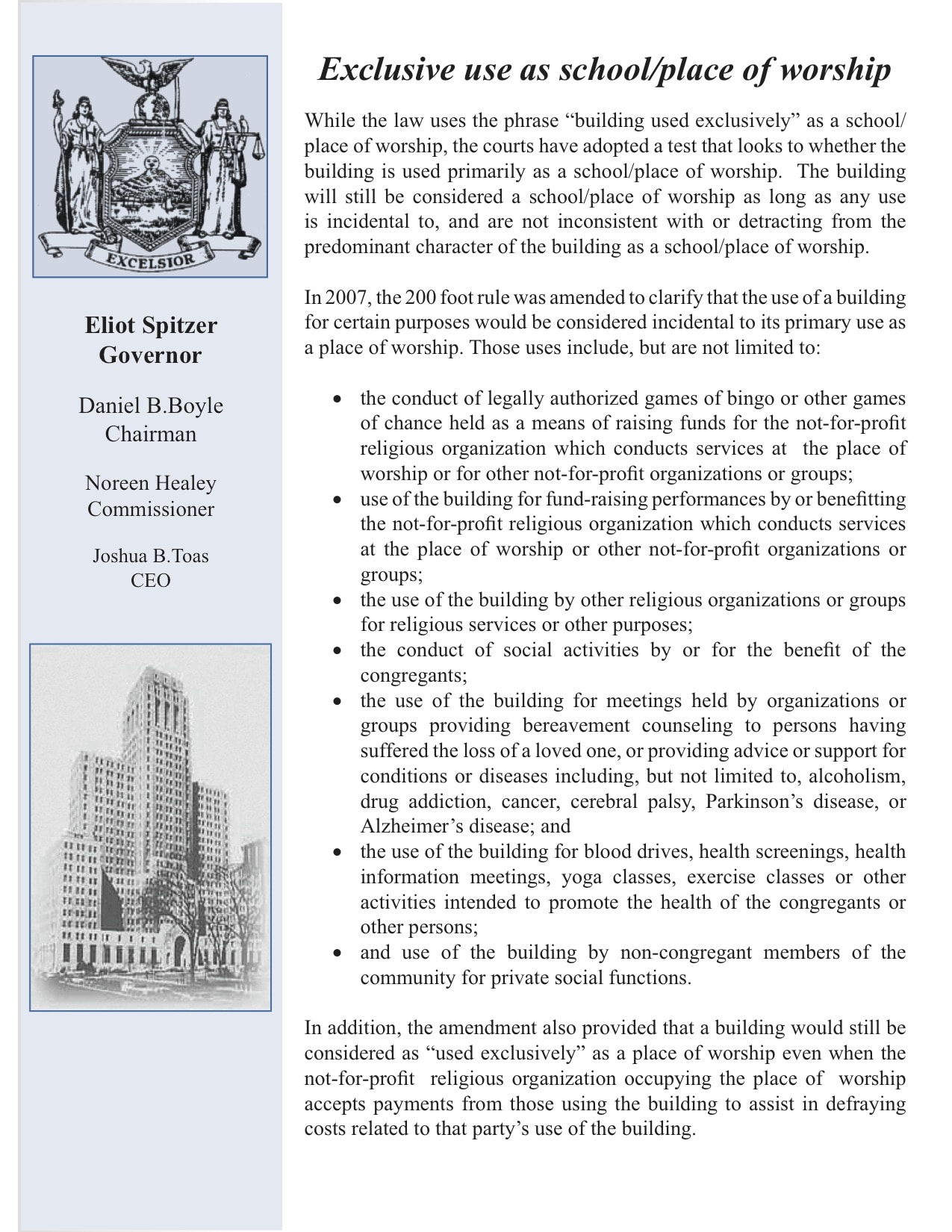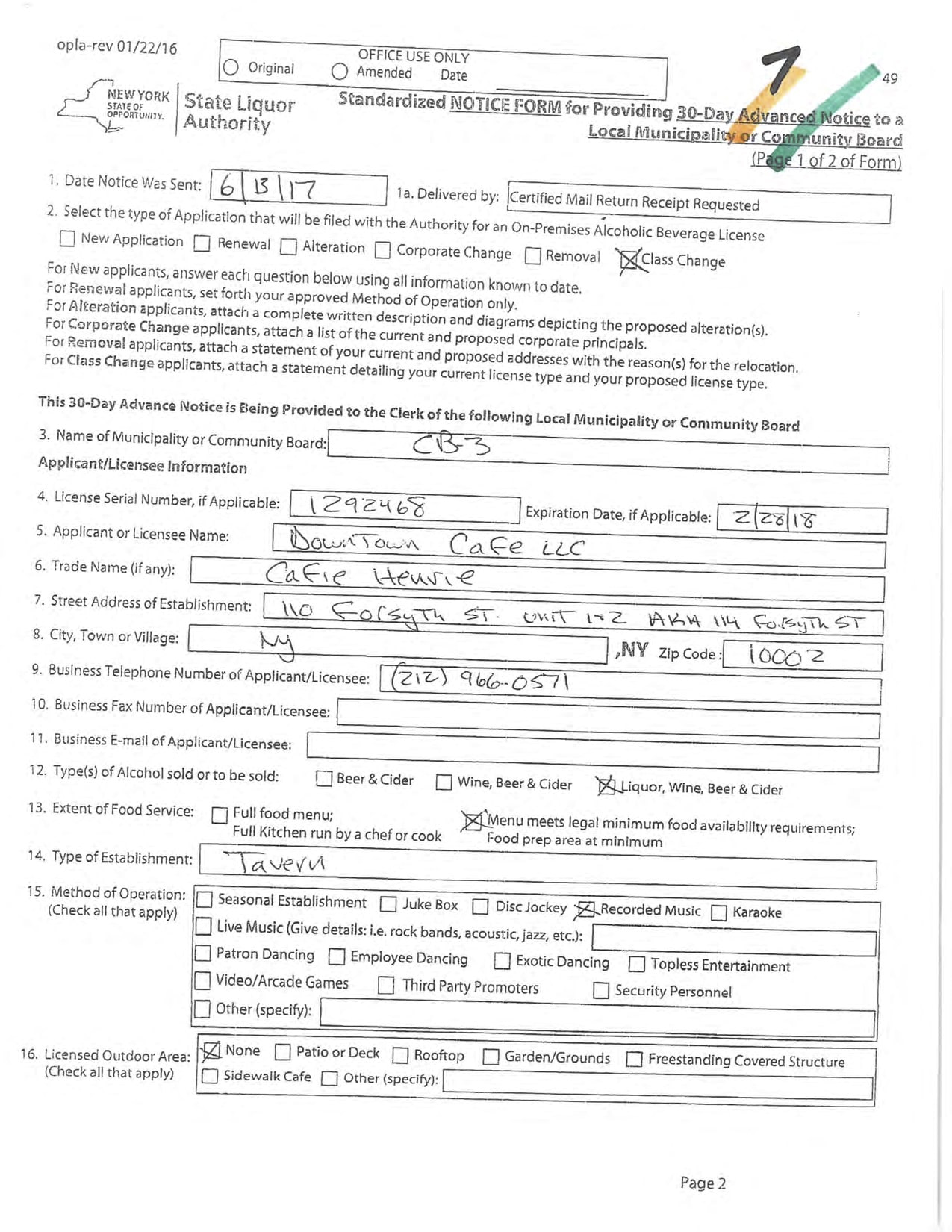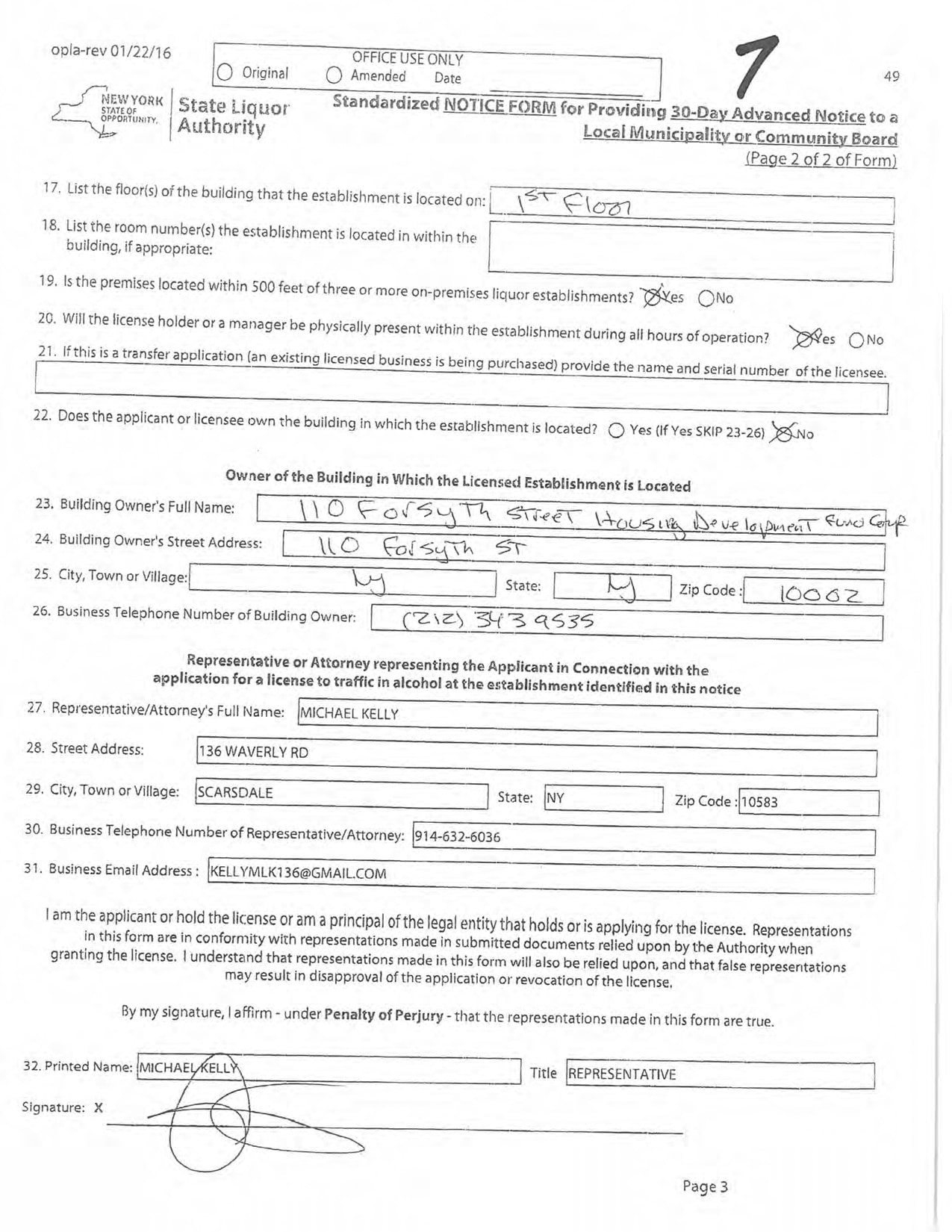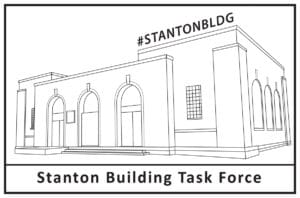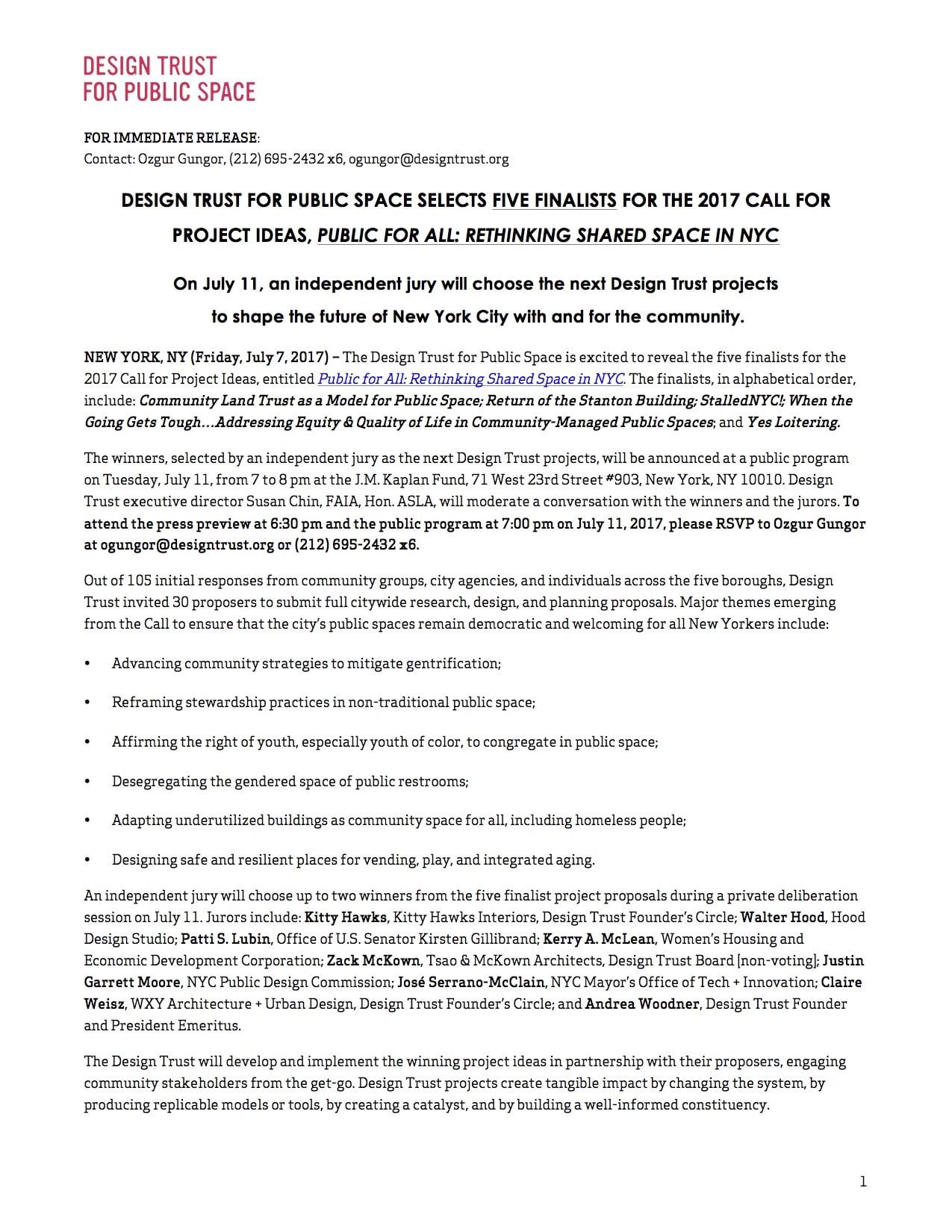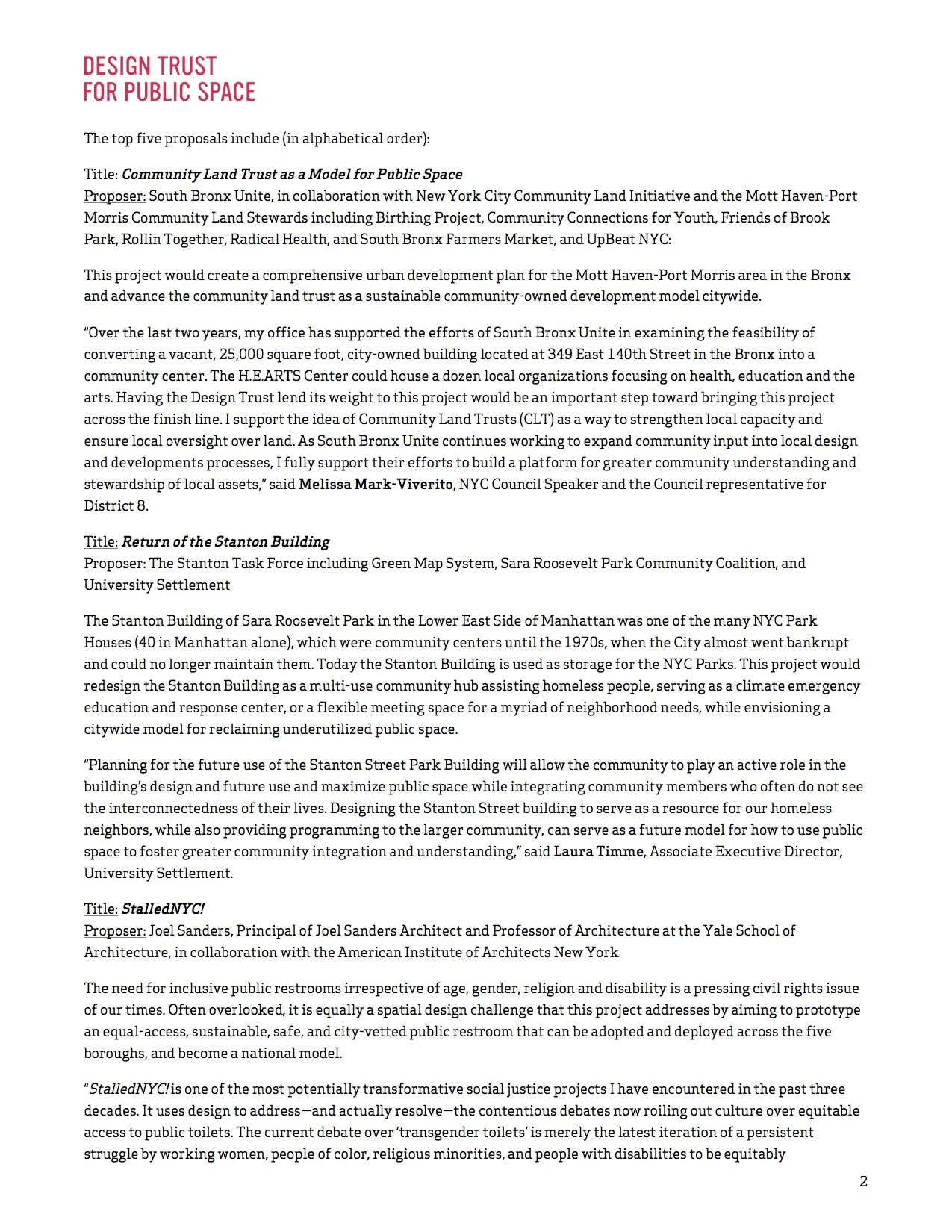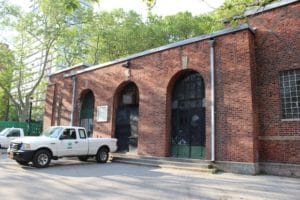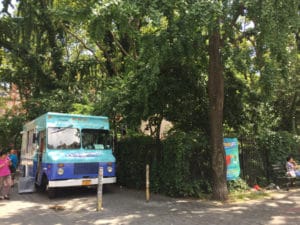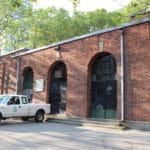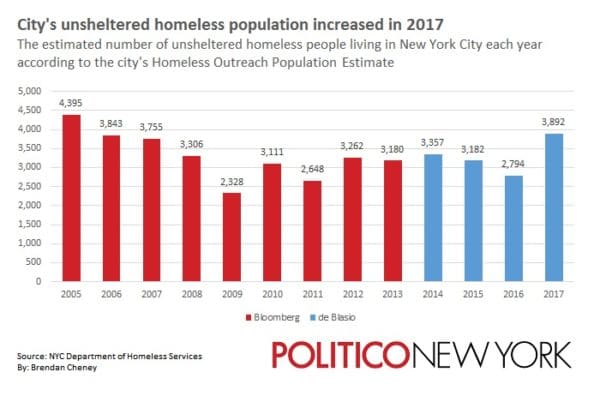From “Paid For: My Journey Through Prostitution
On Homelessness:

“We humans are so constituted that we need a sense of our own social significance. Nothing can give us more pleasure than the sense that we are wanted and useful. Conversely, nothing is more productive of despair than a sense that we are useless and unwanted.” Dr. M Scott Peck, People of the Lie
“I think people usually use the term ‘homelessness’ without ever really being able to understand what it means… Not to be flippant, homelessness actually means sofalessness, cookerlessness, showerlessness…and, worst of all, bedlessness…
The word ‘homeless’ seems to present the condition as a single lack, but homelessness is actually many individual deficiencies combined. The worst of them are emotional: but to mention the physical challenges first: the single worst bodily aspect of homelessness is exhaustion. It is caused by several different factors including sleep-deprivation, hunger, and a constant need to remain on the move…
..When I became homeless, the first shock to me was the constant ceaseless need to remain in transit, and finding somewhere to simply be was a far bigger problem than I could have previously imagined. Nowhere you go are you left alone. Nowhere can you expect that luxury, because of course, all the private places of the world are closed to you and all the public places offer no privacy. Many of them do not even grant you admittance
…nowhere that offers dryness, safety, cleanliness, warmth and comfort. A park bench may be dry, if it is not raining, and it may be clean, if you are lucky, but it is not safe, warm or comfortable…
…the real and deepest damage of homelessness: the loneliness…
…It’s the experience of being utterly unwanted, of your very presence being an undesirable commodity in all places and all situations. Wherever you are, as a homeless person, you are unwelcome. When a person is homeless, their sense of social significance is reduced to zero. It doesn’t exist. Their sense of themselves is of being worthless and unwanted; a social pariah, an exile, an outsider whose very body is an unwanted intrusion they must carry with them wherever they go. They are unwanted in the most literal sense of the term. They are redundancy embodied. I felt these feelings in homelessness. All homeless people do. It’s unavoidable…
[Homelessness] is joylessness, and for many, hopelessness also.
In homelessness, you are not invisible to people, but rather not worth looking at.
One of the strangest things about my experience with homelessness, and probably the one of those most worth recording, is the feelings I remember of my very first time on the street. There was the feeling of an irresistible and seductive pleasure to destitution in disguise, but it was a fragile creature and it perished like a little bird in the depths of an unendurable winter. I had morphed destitution into freedom in my own mind, but the ruse didn’t last long.”




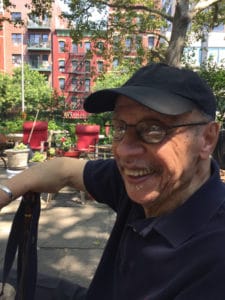

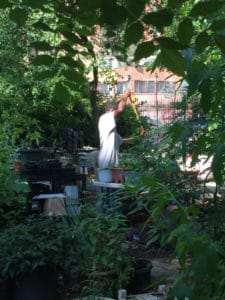


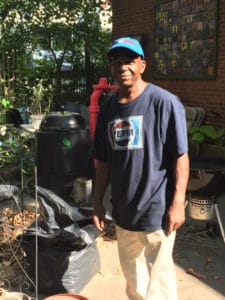


 “..The President’s proposed fiscal 2018 budget, the Environmental Protection Agency’s (EPA) … budget allocation is proposed to be cut by one third [eliminate] over 50 programs and 3,200 jobs. …including the Sustainable Materials Management program and the Waste Reduction Model. [Reducing] ..critical support of recycling and negatively impact the American recycling industry.
“..The President’s proposed fiscal 2018 budget, the Environmental Protection Agency’s (EPA) … budget allocation is proposed to be cut by one third [eliminate] over 50 programs and 3,200 jobs. …including the Sustainable Materials Management program and the Waste Reduction Model. [Reducing] ..critical support of recycling and negatively impact the American recycling industry.